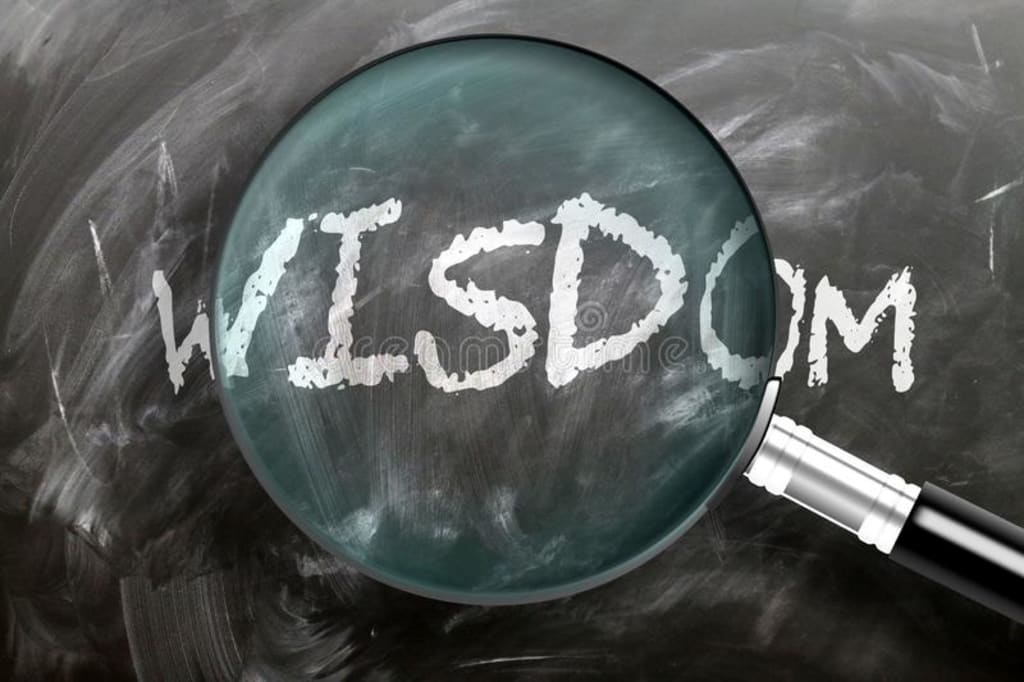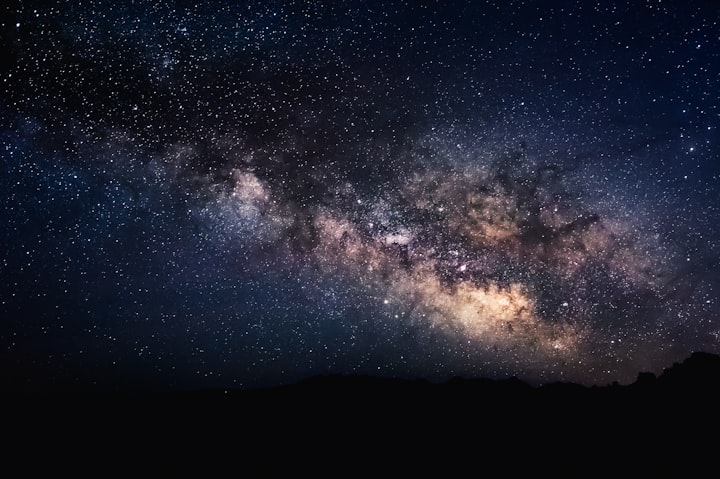Paradoxical Wisdom
A Philosophical Understanding

Wisdom is rarely sought and when it is, it is expected to be an answer to our simple-minded questions. Humanity never understands why some truths are universal but all must come to understand that their own wisdom can not be sought in the experiences of others but in themselves, their own experiences and expression of them.
To think in paradoxes is my way of life. I call the three great paradoxes “The three pillars”, and they are Infinity, Relativity and Duality.
All three each represent the existence, the purpose and the ethics of reality.
My fundamental understanding of these pillars and their ontological meaning is that they are completely paradoxical to our finite minds and yet we can conceive of them, which tells me I am connected to perfection, an eternal ideal by which I can live my life.
Here is how I perceive reality: In Paradoxes .
-How can infinity have beginnings and ends?
-How can any two things be connected through relativity alone?
-How can the duality of two parts make a whole?
Understanding:
–I rationally come to know that infinity means that “Effects are their own causes”
-I empirically experience the “relativity” between all the things I am aware of
Therefore:
-I intuitively sense that every singular thing has it’s mutual opposite, a “duality”
This is what gives me an insight into how to live my daily life- which is to achieve balance, and so here are a few universal truths I have discovered about the paradoxical axioms of balance so far.
1: To be logically irrational
Logically, we must optimize utility to allow ourselves to survive well enough to move towards fulfilling our more abstract needs such as development, self-expression and spiritual nourishment. As achieving and then maximizing utility quickly becomes meaningless at some point, we create meaning in various ways which can be considered irrational, and all to achieve well-being because we are built as emotional creatures with the need to manifest our nature, however nonsensical it is; so there is in turn, a utility in allowing ourselves not to be logical just as much as logic is necessary to maintain our humanity. Balancing the two can be achieved by realizing the following paradox.
2: To want your needs
Which comes first? Are they two different things or ultimately the same thing? Is the very act of separating the two the source of our suffering? Some of our more irrational wants seem to be needs and some of what we perceive to be needs are simply illusory desires. We have biological needs and human needs (what are the abstract capabilities we have such as irony, complex humor, meaning, purpose etc.). Having to reconcile the two (Needs and wants) leads to paradoxes but being aware of such paradoxes leads to well-being. The difficulty comes through believing we must balance our needs over time, which creates nearly infinite combinations of things that could be done. Do I rest today because yesterday I worked and will work again tomorrow? What if I end up not working tomorrow? Ultimately we come to learn what we need by staying in the present moment, thereby creating the want to fulfill such needs. This means that balance here, is illusory- it is the ego saying “I know what we need and want”, while interrupting the body and spirit from letting us know what it requires, which is both need and want simultaneously.
3: To be free through limitation
Not free enough and we suffer not being able to achieve meaning; too free and we become imprisoned by meaninglessness no matter what we achieve. We all believe in freedom as being the quintessential necessity for happiness yet we can never feel free enough no matter how much agency we have over ourselves and our environment. This seems to stem from the lack of awareness of limitation as being the baseline of our reality. The infantile reaction of our humanity’s weakness makes us push against such a self-evident truth with resistance, which is tantamount to self-inflicted pain and unnecessary suffering. In a circular fashion, we then end up imposing harsh limitations upon ourselves in order to free ourselves from this pain, when in actuality we could simply start by accepting our limitations and leverage them to be forms of purpose we can fulfill ourselves with: to surpass such limitations- this is quite different from “freeing ourselves of limitation”. Balance here, seems to be on that defining line, between freedom and constraint.
I hope to continue crystallizing paradoxes like these to live a better life, but so many more have been discovered by the great wise sages.
Would it be so hard to accept that paradoxes are the source of all wisdom?
-Socrates was paradoxical in that he knew all he knew was he knew nothing.
-Buddha was paradoxical in that he believed balance was the pathway to truth.
-Lao Tzu was paradoxical in that he knew existence co-existed with non-existence.
-Christ was paradoxical in that he claimed sacrifice to be how you gain everything.
James Sirois
-This is what came out.
About the Creator
James Sirois
I am a writer, film maker and traveler.






Comments
There are no comments for this story
Be the first to respond and start the conversation.